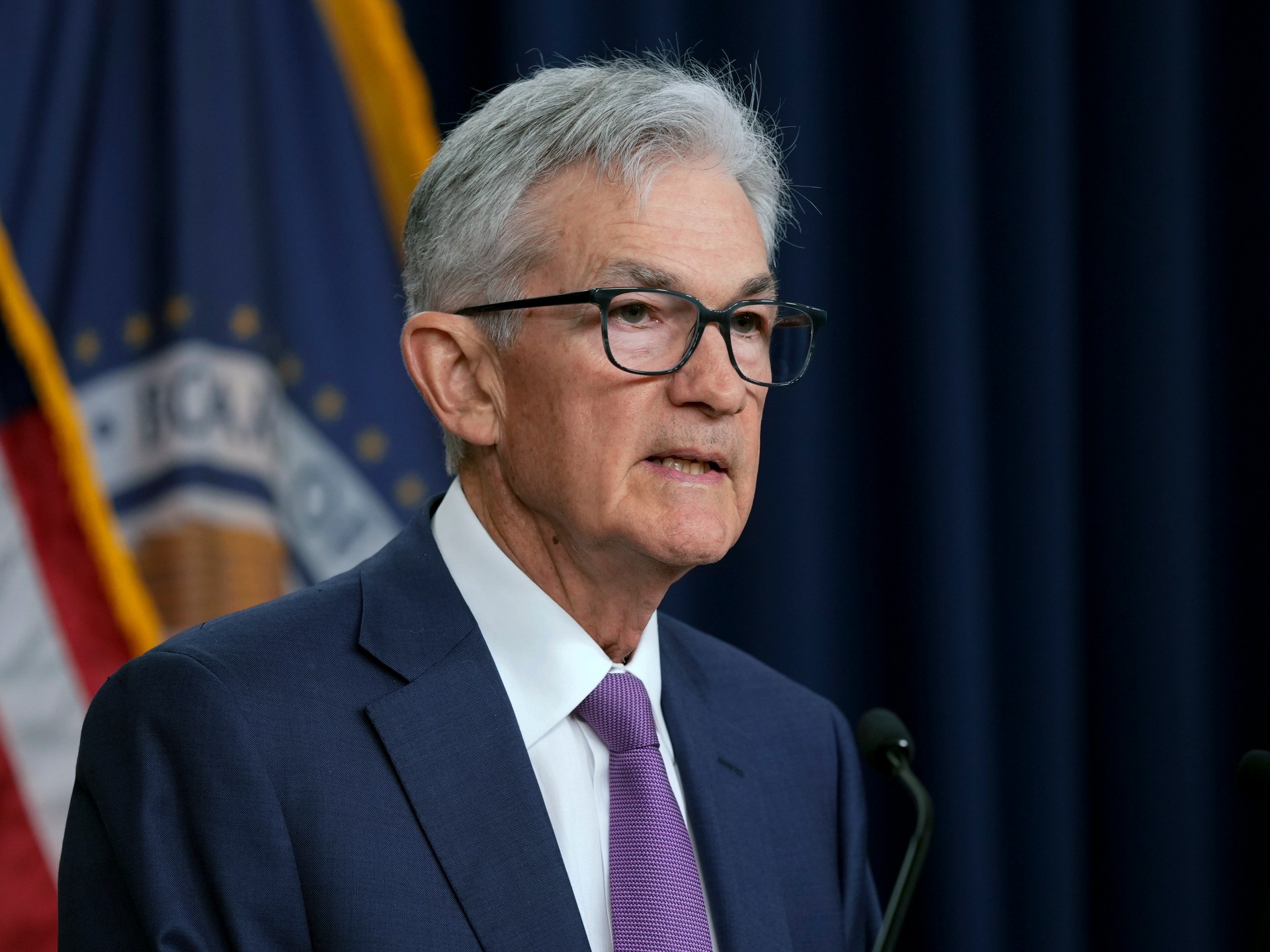
The Swabian Spirit of Frugality: A Model for Financial Responsibility in Troubled Europe
The spirit of the “Swabian housewife” has caught the attention of many countries in Europe, including France and Italy. These countries are now considering this model of frugality as they face spiraling deficits and rising debt. France is planning more than €20 billion in spending cuts next year, while Italy is trying to navigate through pandemic-era subsidies that are putting a strain on its budget. The International Monetary Fund has voiced concerns about the growing debt piles in these countries, with former Italian Prime Minister Mario Monti highlighting a lack of awareness and willingness to address the issue.
France is under pressure from opposition politicians who warn of a potential Greek debt crisis if spending is not reined in. The government is looking to tighten its belt and implement austerity measures in order to stabilize its finances. Meanwhile, Italy is also grappling with the need for fiscal repair as the cost of pandemic subsidies continues to mount. Both countries are facing a challenging road ahead as they try to balance their budgets and avoid a debt crisis.
The International Monetary Fund is keeping a close eye on the situation in France and Italy, warning that the rising debt levels in these countries could have serious consequences. The lack of awareness and political will to address the debt issue is a growing concern, with experts like Mario Monti urging for action to be taken. As Europe continues to grapple with the economic fallout of the pandemic, the importance of fiscal responsibility and prudent financial management is more crucial than ever. The spirit of the “Swabian housewife” may serve as a valuable reminder for governments across the continent to prioritize austerity and long-term fiscal sustainability.
In recent years, many countries have been faced with severe financial difficulties due to global economic downturns, such as recessions or pandemics that disrupted trade and commerce. In response, governments have had no choice but to increase spending or take on more debt in order to keep their economies afloat during times of crisis.
However, this approach has led some experts to question whether governments should focus on short-term fixes or long-term solutions when it comes to managing their finances.
Some argue that implementing strict spending cuts or taking on excessive debt can lead to long-term economic instability or even bankruptcy.
Instead, others suggest that governments should adopt more sustainable fiscal policies that focus on reducing wasteful spending or increasing revenue streams through tax reform or other means.
Ultimately, it remains up to individual governments and policymakers to decide which approach works best for their specific circumstances.
But one thing is clear: financial responsibility and careful management will continue to be critical factors in navigating through uncertain economic times ahead.

